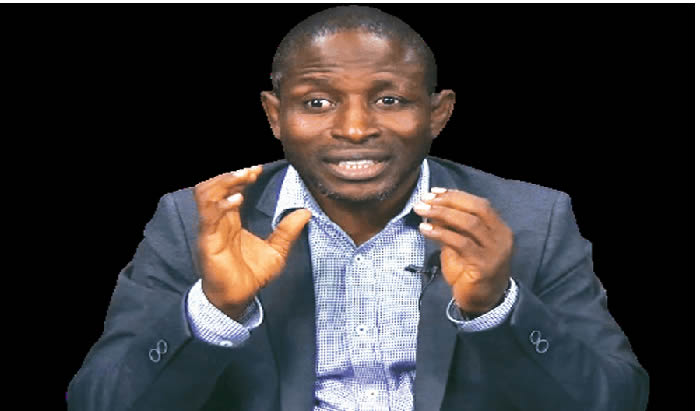From Niger Delta Wrestling to Olympic Glory: The Daniel Igali Story
Daniel Igali’s wrestling journey began in the heart of Nigeria’s Niger Delta, where traditional wrestling was a ubiquitous childhood pastime. Growing up in Bayelsa State, swimming and wrestling were as natural as learning to walk. The revered figures in his community were the wrestling champions, inspiring a young Igali to pursue the sport with fervent passion. At the tender age of ten, he already outmatched his peers, fueled by a childhood dream of Olympic glory, sparked by a visiting Olympian’s tales of international travel, particularly a trip to Egypt, a place Igali’s youthful imagination placed on a celestial plane. This early ambition set the stage for a remarkable career, culminating in international acclaim and a legacy that continues to inspire.
Igali’s parents, particularly his mother, initially disapproved of his wrestling pursuits. Their reservations stemmed from the traditional wrestling practices prevalent in their community, which they viewed as potentially dangerous and lacking a secure future. They envisioned a different path for their son, one rooted in academia, following in their own footsteps as educated professionals. However, Igali’s unwavering dedication and undeniable talent eventually won them over, turning skepticism into unwavering support as he progressed through the ranks of the Nigerian wrestling scene. Their evolving acceptance mirrored the growing recognition of wrestling as a legitimate sport with the potential to open doors to a brighter future.
Despite facing numerous challenges, including financial constraints and a demanding academic schedule, Igali remained committed to both his education and his wrestling aspirations. He successfully navigated the competing demands of university life and representing Nigeria on the international stage, demonstrating exceptional discipline and time management skills. Though forced to defer his university admission to accommodate his siblings’ education, Igali ultimately fulfilled his father’s wishes, earning his degrees while simultaneously pursuing his wrestling dreams. This dual commitment underscored his unwavering determination and his ability to excel in multiple spheres.
Igali’s time with the Nigerian national team was marked by both triumph and tribulation. While he enjoyed the camaraderie and mentorship of his teammates and coaches, he also experienced the frustrating realities of limited resources and bureaucratic hurdles. These challenges, including frequent training camp disruptions due to funding shortfalls and the difficult decision of prioritizing a handful of athletes for international competitions due to financial constraints, deeply impacted Igali. These experiences shaped his perspective and fueled his desire to effect positive change within the sport’s administration, foreshadowing his future role as president of the Nigeria Wrestling Federation.
The decision to switch allegiance to Canada was not taken lightly. Facing a combination of academic pressures, political instability in Nigeria, and missed opportunities to compete on the international stage, Igali made the difficult choice to pursue his wrestling career under the Canadian flag. The lack of invitation to the 1996 Olympic trials, despite his eligibility, and Nigeria’s absence from the 1997 World Championships further solidified his decision. This turning point, while emotionally challenging, ultimately proved to be a catalyst for his continued growth and success in the sport.
Life in Canada presented both challenges and opportunities for Igali. Initially experiencing culture shock upon encountering the unfamiliar cold climate, he was fortunate to find a supportive network of individuals who embraced him and facilitated his integration into Canadian society. From the Murphy family, who provided a home and treated him like their own son, to the coaches and fellow athletes who offered guidance and support, Igali found a sense of belonging and a platform to continue his wrestling journey. This supportive environment played a crucial role in his successful transition and subsequent achievements, allowing him to flourish both personally and professionally. His experiences in Canada not only shaped his career but also provided him with invaluable administrative skills and coaching experience, which he would later bring back to Nigeria, contributing to the development of the sport in his homeland. While encountering a rare instance of prejudice at an airport, Igali largely avoided the racism that often plagues athletes of color, allowing him to focus on his athletic pursuits and contribute positively to his adopted country. His story stands as a testament to resilience, determination, and the transformative power of sport, bridging cultures and leaving an indelible mark on the world of wrestling.


